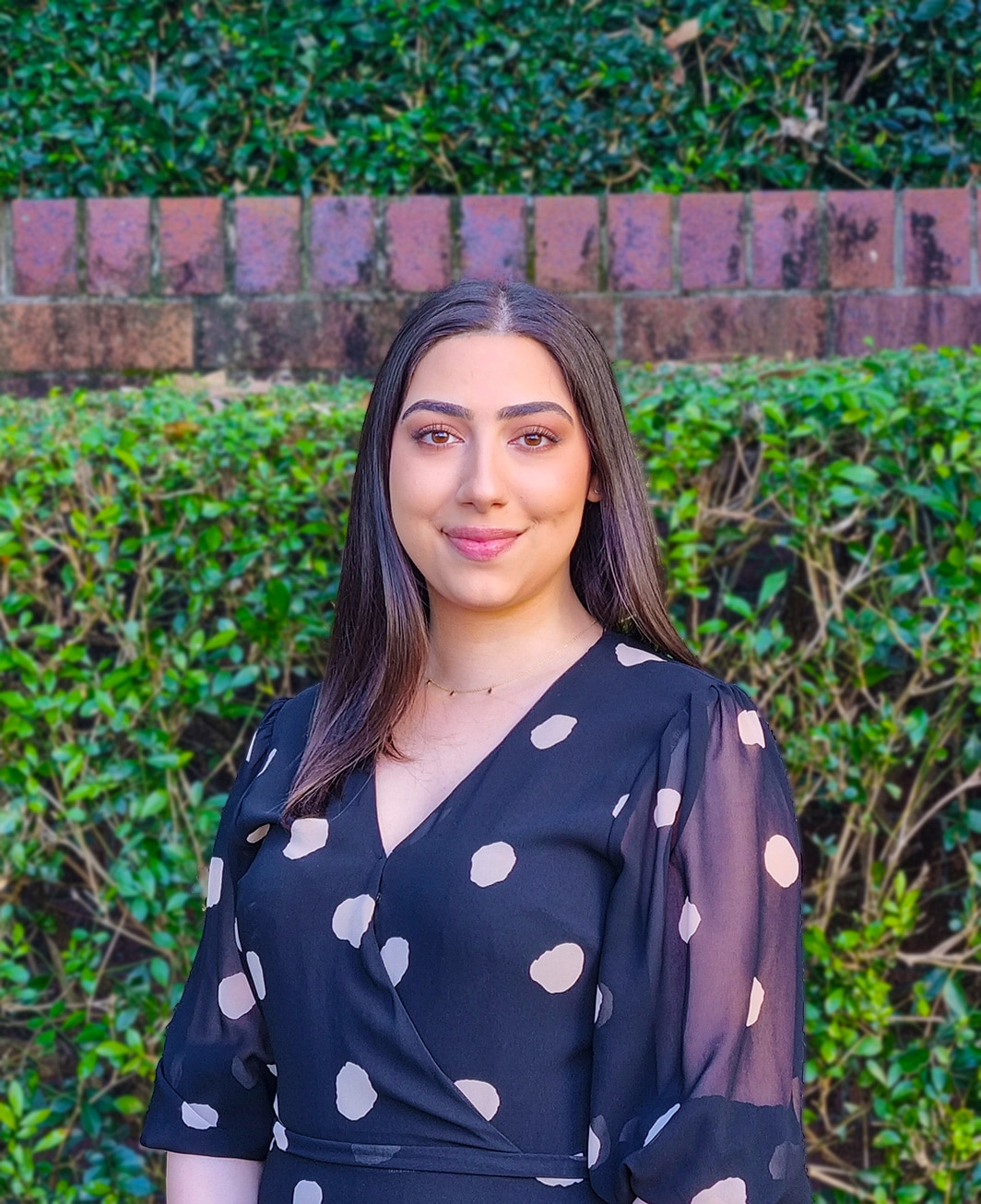
Family trusts are created for the benefit of a family group, asset protection, tax planning, and various other considerations.
Trusts are a helpful way to structure your finances and mostly benefit those who run a small business, hold investments or want a flexible way to provide for family.
Trust vs Family Trust
A trust is a legal relationship whereby one party holds property or assets, for the benefit of another. The trustee is the person who holds the trust property, whereas the persons who benefit are known as the beneficiaries. The trustee is also able to be a beneficiary of the trust, provided there is at least one other beneficiary. In many family trusts, the beneficiaries include any person in an extended family group rather than specific persons. In some cases, there may be many hundreds (or more) of potential beneficiaries.
A typical family trust is a type of discretionary trust. This means that the trustee has discretion as to how income and capital of the trust is distributed between many beneficiaries. In practice, however, the trustee of a family trust usually only distributes proceeds to persons in a single household or immediate family group.
The trustee therefore has the power to determine which beneficiaries will receive property or assets, how much they will receive and has flexibility for distributing income and capital.
Reasons to create a family trust
There are several benefits to creating a family trust, including:
- low set up costs;
- asset protection;
- tax planning and flexibility.
1. Low set up costs
A family trust is created by executing a trust deed. The trust deed contains many of the rules that will apply to the trust. A family trust has a maximum duration of eighty (80) years, therefore the cost of setting up a family trust are relatively low when considering the potential useful lifespan.
The trustee will however need to appoint an accountant to prepare trust accounts, distribution resolutions and tax returns each year.
2. Asset Protection
In a family trust, no one beneficiary has a fixed entitlement to any of the assets or income of the trust until the trustee resolves to make a distribution. Furthermore, the property is legally owned by the trustee and not the beneficiary. This means that if a beneficiary is being pursued by creditors, the trust assets do not form part of the beneficiary’s estate. In most circumstances, the trust assets are quarantined from the risk to individual beneficiaries.
A family trust is an excellent vehicle for accumulating investments, particularly where one or more of the key individuals are business owners or subject to higher-than-normal business or trading risk.
3. Tax planning and flexibility
Trustees and beneficiaries are able to optimise tax liability by distributing income to specific beneficiaries.
As the trustee has the discretion on to whom income should go to and how much, they are able to distribute capital or income to members of the trust with lower incomes. Furthermore, distributions can be made to beneficiaries according to need.
There are limits to this flexibility and care must be taken not to infringe tax avoidance rules.
How to set up a family trust
1. Appoint a trustee and appointor
Firstly, you will need to determine who the trustee of the family trust will be. You will need to appoint a trustee who is trustworthy, reliable and will act in the best interests of the beneficiaries.
This may be a person or a corporate entity. Bear in mind that the trustee will legally own the trust property and can exercise the day-to-day control of the trust affairs and distributions. Therefore, determining who the trustee will be should not be taken lightly and requires the balancing of personal preferences and your circumstances.
The “appointor” is a person that holds a special power to change the trustee of the trust at any time. Because the trustee makes all the operational decisions about the trust property and distribution of proceeds, the appointor wields the ultimate reserve power. This is usually you personally or else someone who is very trusted.
2. Choose beneficiaries
Beneficiaries will have beneficial ownership of the trust property. In a discretionary family trust, they only have the right to be considered for distribution of trust funds until the trustee makes a determination. Typically, there will be one or two named primary beneficiaries (usually you and your spouse). Then there will be a large number of secondary and tertiary beneficiaries that are identified by relationship to the primary beneficiaries, rather than being named individually
3. Execute a discretionary trust deed
Once the trustee and beneficiaries are appointed, a trust deed is required to set out the structure and management of the family trust into a legally binding document. The deed will set out:
• the appointment of the trustee;
• the trustees powers and remuneration;
• the relevant beneficiaries;
• the distribution of income and capital;
• steps to wind up the trust;
• the removal and appointment of future trustees;
• responsibility for financial records; and
• relevant indemnities.
Once the trust deed is drafted, it must be settled by a settlor. A settlor is usually unrelated to the beneficiaries and creates the trust for the benefit of beneficiaries. The settlor will typically provide a small nominal sum to the trustee, (usually $10.00) which is necessary to create the trust.
4. Apply for an ABN / TFN
Once the trust is established, it requires the registration of an Australian Business Number and Tax File Number. The trustee should appoint an accountant at the earliest opportunity.
5. Open a bank account for the trust
The last step is to create and open a bank account for the trust in the trustee’s name as trustee for the trust. The first deposit into the bank account should be the settlement sum before any other deposits or transactions are to be made.
If you are considering establishing a family trust, get in contact with our commercial team. We are happy to assist you in determining what type of trust is best for you and your circumstances.
Written by

Daniel Dash, Senior Associate
Daniel is part of the commercial law team at NB Lawyers – lawyers for employers working with individuals and business owners on a range of matters including business sales, buisness structuring, commercial contracts, corporations law, litigation, franchise law, intellectual law and taxation.
Daniel Bio Page
[email protected]
(07) 3876 5111

Sarah Alsarrage, Lawyer
co-author
Sarah’s passion lies in Commercial Law and assisting clients achieve their goals through their business endeavours by providing the best legal advice for her clients and working through every obstacle to obtain the best outcome.
Sarah Bio Page
[email protected]
(07) 3876 5111

